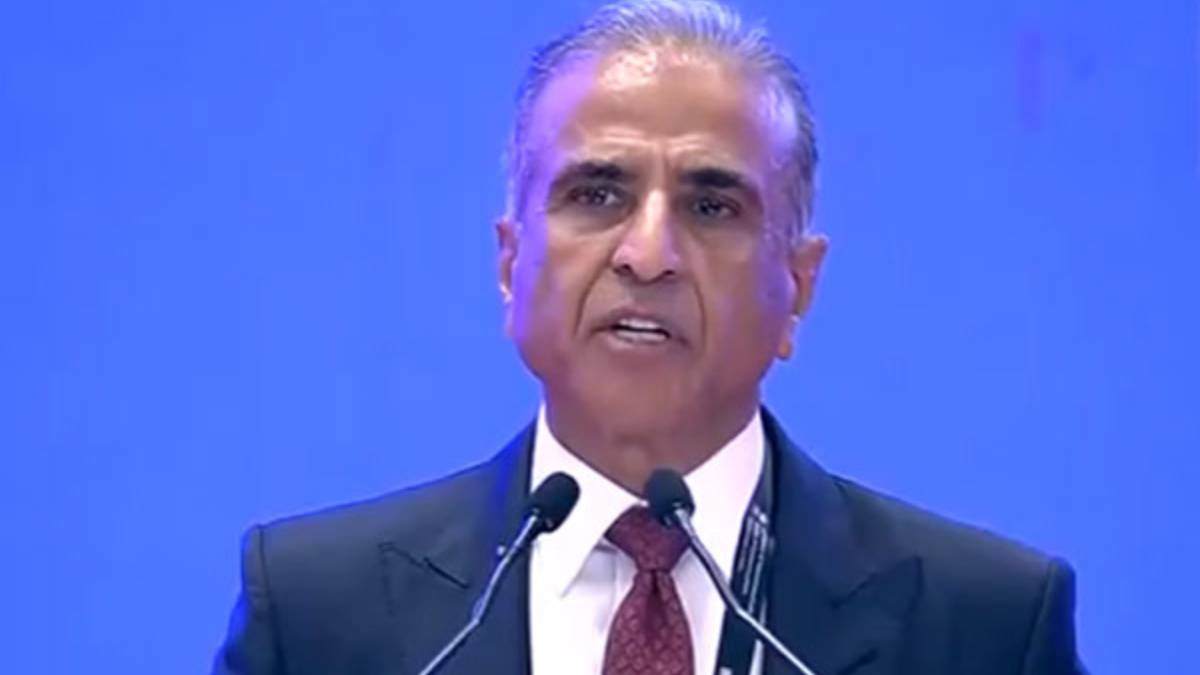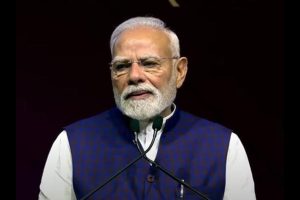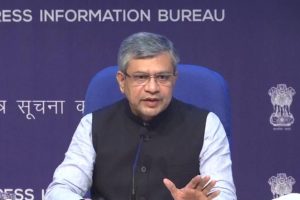Bharti Enterprises Chairman Sunil Bharti Mittal has addressed concerns regarding UK firms entering India’s Government Procurement (GP) sector under the recently signed India-UK Free Trade Agreement (FTA), saying the move will ultimately support Indian MSMEs rather than harm them.
In an exclusive conversation with ANI, Mittal explained that while UK companies will now be allowed to bid for Indian government contracts, the eligibility applies only to projects above a Rs 200 crore threshold. This measure, he said, ensures protection for smaller Indian enterprises.
“There’s a threshold above which UK companies can participate in government procurement. That means smaller Indian firms remain protected. For larger tenders, UK firms can compete — but they’ll need to establish manufacturing units in India to stay competitive,” Mittal said.
Experts had earlier raised concerns that access to government procurement by British firms could threaten Indian micro, small and medium enterprises. However, Mittal noted that by requiring UK firms to produce locally, Indian MSMEs could actually benefit through supply chain integration and joint ventures.
The FTA agreement restricts market access to non-sensitive central-level government entities, excluding state and local level procurement. This further limits the extent of UK participation in India’s public sector tenders.
Mittal also welcomed the UK’s commitment to offering non-discriminatory treatment to Indian suppliers under its Social Value regime in public procurement.
Commenting on the broader impact of the FTA, Mittal called the agreement “historic,” marking a significant moment in trade relations between two major global economies. “This deal is a win-win for both sides and will pave the way for future agreements with the EU and other trading blocs. The US will be a separate track, given its market size and nature,” he added.
The India-UK Comprehensive Economic and Trade Agreement (CETA) was signed in the presence of Prime Ministers Narendra Modi and Keir Starmer, opening new avenues in trade, investment, and services between the two nations.





